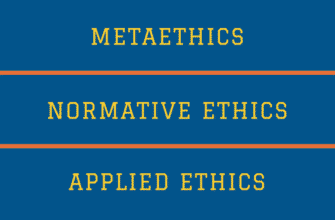Why does a leader act unethically? Are they pervasively corrupt? Do they lack a moral foundation? Are they generally depraved? If people were so predictable, detecting immorality would be simple. The real diagnosis may be more related to our inner Jason Bourne.
In both the movie and the books, Jason Bourne is introduced with dissociative amnesia. He has no memories of his past, but is capable of advanced combat skills. As he begins to discover his true identity, Bourne learns that he may be a contract assassin. How does this relate to leadership, you may ask? Similar to Bourne’s “nice guy” persona, I’ve met numerous “nice guy/gal” leaders who have admitted to committing morally questionable acts. The vast majority are not bad people; they may just have bad memories.
According to a comprehensive study, faulty memory may explain a person’s repeated dishonesty. Research shows that after participating in unethical behavior, memories of these actions become clouded due to the psychological distress and discomfort such misdeeds cause. The researchers call this unethical amnesia.
These findings distinctively note that memories of our unethical actions are less vivid than memories of our ethical actions. In the study, people who recalled and wrote about behaving unethically were less likely to remember the details of their actions a few days later as compared to people who engaged in ethical behavior. And when studying people who cheated during a dice-throwing game, participants who cheated had less detailed memories of their actions when compared to those who played the game honestly.
Because of unethical amnesia, unethical actions are more likely to be forgotten and, thereby, repeated. Therefore, as leaders, we must ensure that these memories remain intact. According to Alex Lickerman, author of The Undefeated Mind: On the Science of Constructing an Indestructible Self, here are three tips to help you and your team’s recall.
- Associate what you are trying to learn with what you already know. The more mental connections we can make, the more successful we’ll be. When presenting ethics-based information, build on past stories and situations. Identify links and reinforce familiar concepts.
- Create a mental memory tree. To remember past incidents of unethical behavior, visualize the details through a memory tree. Construct big branches, then leaves. These branches and leaves represent what led you down the wrong path and the steps taken to commit the misdeed.
- When reading the employee handbook, company code of ethics, and policies & procedures, summarize each paragraph in the margin. This requires you to reflect and reprocess. Then, take each concept and reason forward—apply them to possible situations, consider ramifications, and how each instance can be avoided.
A flawed memory should not stand between the moral and immoral path. Jason Bourne is not the bad guy he once thought he was, and you don’t have to be either. By understanding why we make unethical decisions, we can promote more ethical behavior in our organizations and help those on our team behave more in line with our company values. Ethical dilemmas will continue to arise, just concentrate on remembering to avoid them.







